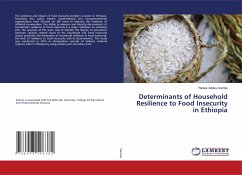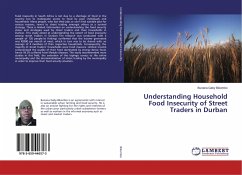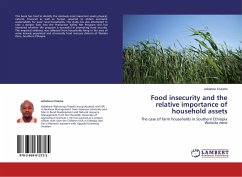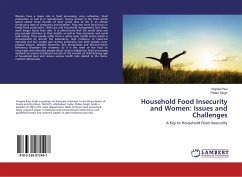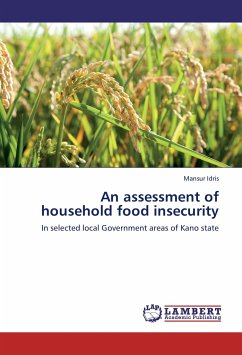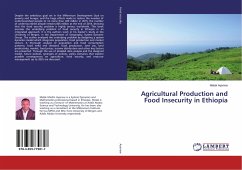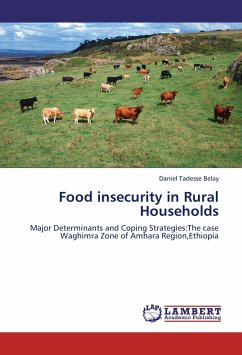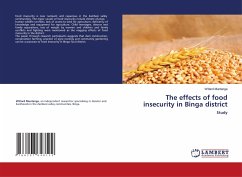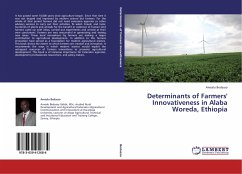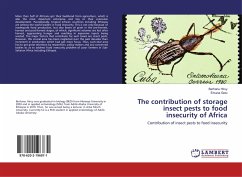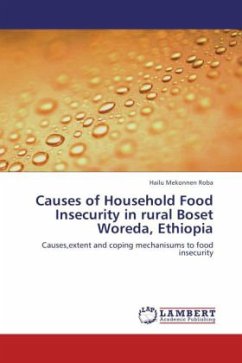
Causes of Household Food Insecurity in rural Boset Woreda, Ethiopia
Causes,extent and coping mechanisums to food insecurity
Versandkostenfrei!
Versandfertig in 6-10 Tagen
52,99 €
inkl. MwSt.

PAYBACK Punkte
26 °P sammeln!
This book presents causes, extent and responses of households to food insecurity in Boset Woreda, Ethiopia. Sample household survey, key informant interview and focus group discussions were the key means of generating data from primary sources. Likewise, household survey was administered to 123 household heads randomly selected from the study Kebeles. FGD and KII were employed to generate qualitative data. Data analysis and presentation applied descriptive statistics, narratives and direct quotation. Household Food Balance Model was employed to quantify daily per capita calorie availability of...
This book presents causes, extent and responses of households to food insecurity in Boset Woreda, Ethiopia. Sample household survey, key informant interview and focus group discussions were the key means of generating data from primary sources. Likewise, household survey was administered to 123 household heads randomly selected from the study Kebeles. FGD and KII were employed to generate qualitative data. Data analysis and presentation applied descriptive statistics, narratives and direct quotation. Household Food Balance Model was employed to quantify daily per capita calorie availability of sample households. The result indicated that 39% and 61% sample household heads were found to be food secure and insecure respectively. Households having poor access to oxen, livestock and farm land tend to be food insecure. Poor saving culture of people found to risk them. Besides, poor access to potable water and market at reasonable distance were also bottlenecks for food security. Building culture of saving, diversifying income sources and investing in infrastructural development and revisiting the rural credit system help improve food security. Hence, all stakeholders need to cooperate.



